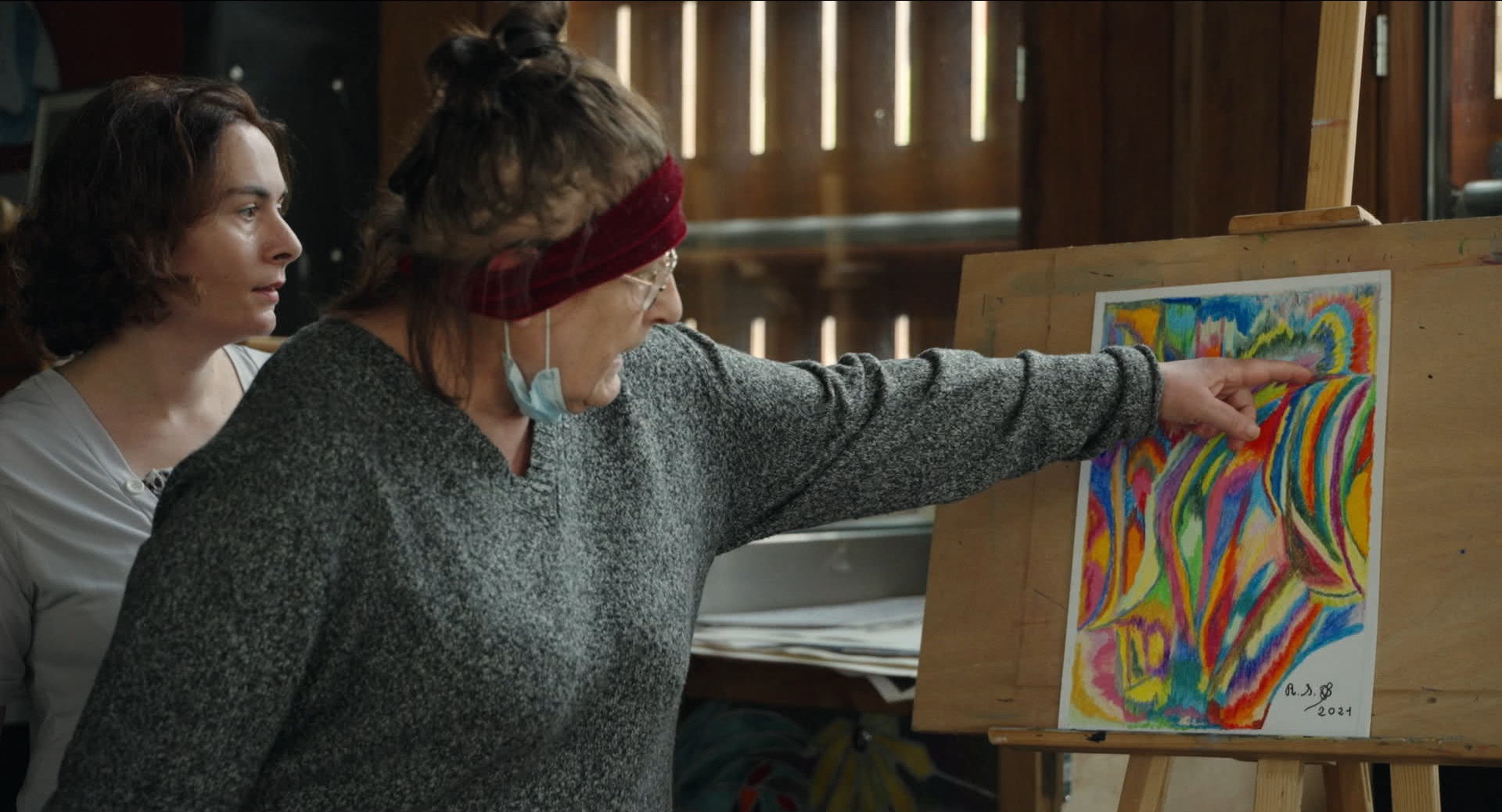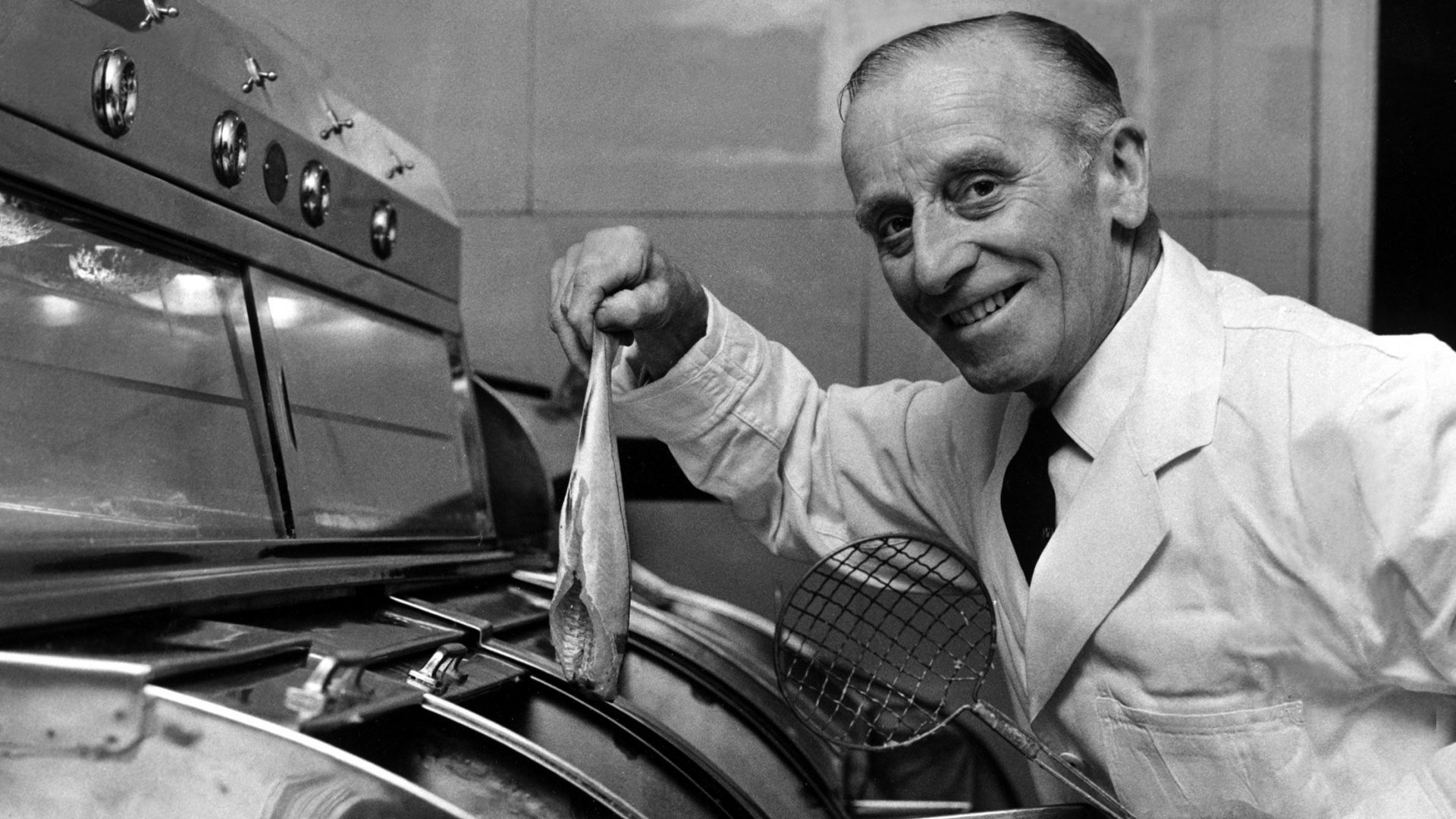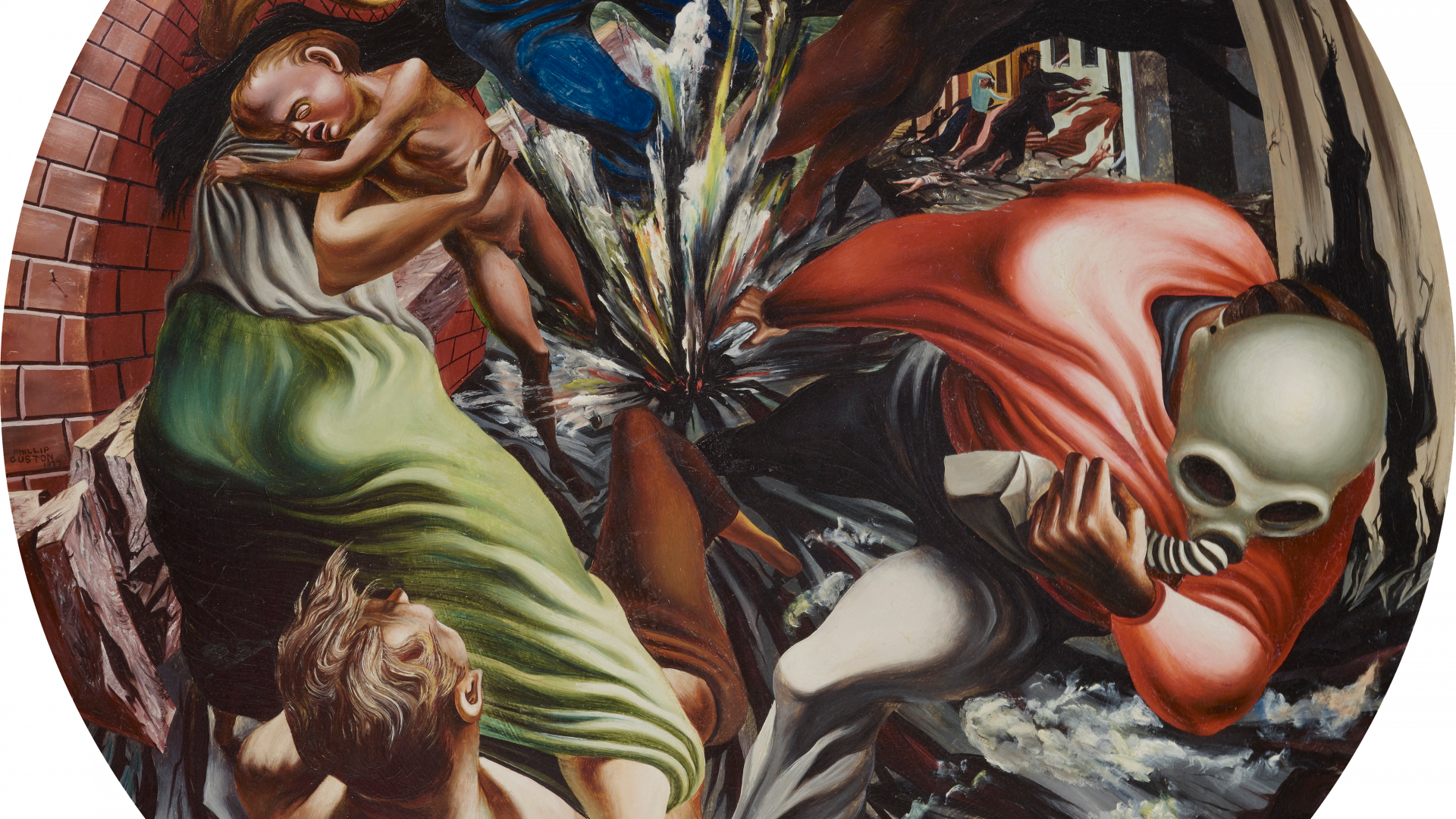He may be uncomfortable with the term “documentary maker” but he is, undoubtedly, one of the world’s best at doing it. For Nicolas Philibert, current holder of Berlin’s Golden Bear for best film, documentaries are fully-fledged members of the cinema world.
His latest, Sur l’Adamant (On the Adamant), scooped the top prize at Berlin earlier this year, 20 years after his Être et avoir, about a single-class country school and their kindly teacher, won hearts around the world as well as recognition at the Cesars and Baftas.
“I was shocked to win at Berlin,” Philibert tells me on a visit to the recent London Film Festival. “I was shocked to even be in the main competition with my documentary, up against all these feature films. But I’ve long been telling myself that documentaries should be considered the same as movies – at least when they are about something bigger than their subject, when they transcend their subject, when they’re not really about, say, pedagogical methods in a rural school, but about childhood, community, humanity, about nature and life, about us, basically.”
I’d never met Philibert before. He’s a little impish chap, with a shock of grey hair, strands that stand on end as if in perpetual surprise, like a row of exclamation marks. “I like to be constantly surprised,” he admits. “And when you make documentaries, you are always being surprised.”
He twinkles and smiles. When he mentions a couple of his old films from the 1990s and I admit I haven’t seen them, he feigns outrage to send me out of the room and cancel the interview. You can see how he wins the trust of his subjects to make such engaging films about them.
Sur l’Adamant is set on a boat on the Seine, a stylish wood and steel structure right in the middle of Paris that houses, in fact, a floating psychiatric facility. Its very existence is a surprise amid the other floating peniche businesses along the river, such as bars, nightclubs and restaurants and, according to the film-maker, strangers are often to be found knocking at the door wondering if they can make a reservation for dinner or just have a coffee.
Following the film’s surprise win at Berlin, however, the Adamant, moored on the right bank, just under the Pont Charles de Gaulle and a stroll just south of the Gare de Lyon, has become more prominent, the subject of more news stories and media interest, as much for its eye-catching design as for its purpose as a day centre for psychiatric outpatients.
“It’s an effervescent place,” says Philibert, “but very calm and open and all sorts of people turn up, some every day, some every week, others come when they feel it necessary or when their doctor advises it.”
L’Adamant is, in fact, a free facility for mental health patients in Paris’s 1-4 arrondissements. It isn’t a medical centre, as the film shows, more a place of discussion and exploration, where patients are encouraged to take part in activities, often art-based, including book discussions, painting, drawing, music therapy and watching films.
The place’s quiet rhythms and gentle pace, swayed by the river’s ebb, make it a picturesque backdrop for the examination of the mental turbulence some of the visitors clearly experience.
“For some of them, it’s hell inside their head,” says Philibert. “So often in the past, they would have been scapegoated, marginalised, blamed for crimes, be considered dangerous or aggressive and violent – there is just so much stigma around mental health. But we can see in my film that they’re very delicate personalities mainly and, honestly, these patients remind me of my own frailties, my own fears. So I felt audiences would respond in the same way, with compassion.”
Sur l’Adamant certainly presents us with many characters, and you will respond to some with more warmth or recognition than others. Philibert isn’t exactly sentimental, but he has an instinct for a good human story and a soft spot for the heart-warming, traits which make his films at their unhurried best stand apart from the more observational detachments of others, such as the legendary Frederick Wiseman, a long-time Paris resident, whose famous 1960s documentary Titicut Folies, set in a Massachusetts mental institution, was an inspiration for Martin Scorsese’s Shutter Island.
There are, clearly, so many ways to make a documentary these days. What was dubbed “the Netflix effect” in recent times has led to a rush of popular movies ranging from lurid true crime investigations to pop stars and their struggles with health, to sporting icons’ life stories, to drug exposés and money scams, to behind-the-scenes year-long insider looks at institutions such as football teams, Formula 1, tennis and golf tours. And now a four-part puff piece on the Beckhams.
These are all documentaries, not all good, but mostly entertaining and watchable, hot-button popular and crowd-pleasing at worst, and even award-winning at best, such as The Tiger King or The Tinder Swindler, or My Octopus Teacher. How does Philibert operate in his own quiet way amid this new landscape for his art form?
“I have been asking myself this for many years,” he shrugs. “Documentaries can be polished, didactic, journalistic, they can be popular and have a voice. But I ask when I begin: what’s the thing that makes them cinema? How can I transcend the subject?
“I make a film with my ears, by listening to the people who talk to me… I don’t know what to expect at the start, or what the film will be about or what or who I’ll find. When I get to a spot, it unfolds in front of me.
“I don’t have a journalistic vision or even a destination. I just start a conversation… and I always ask as I go along: what am I doing there, what’s my job?
“I don’t think it’s up to me to dictate the destination, or find a certain angle. My method is to create a trust in the relationships so that the person I’m meeting feels like telling us something, and will share it – so that when a subject says one morning: “Nicolas, I’ve got a new song I just wrote, can I show it to you?’ I say, yes, great, can I film it? And that’s the place I need to get to, that’s where the film finds itself, through getting to that point of trust.”
Philibert says he never pays his subjects or pays for access, keeping the integrity of his fly-on-the-wall style of the documentary-making process pure and classic. However, the success of Être et avoir put this method under intense pressure when the much-loved teacher at the heart of the film, Georges Lopez, suddenly sued Philibert for a share of the film’s profits.
It became a celebrated court case in France, leading to laws which enshrined part of the documentary process in law when the courts decided Monsieur Lopez was not entitled to monies – he was asking for up to €250,000. Had the teacher won, French film unions warned, the case would “spell the death of the documentary, undermining the crucial principle that subjects should not be paid to participate.”
Although he lost in court, Lopez’s actions prompted the families of some of the children involved to also sue for payment for their parts in the film’s success. It’s clearly all still painful for Philibert when I ask if he hadn’t considered a follow-up to Être et avoir, in the famed style of Michael Apted’s British series Seven Up! which revisited the same characters every seven years, from 1964 up until 2019.
“Well, the kids would be in their mid-20s now and I am not in touch with them,” says Philibert. I suggest many people would like to know what happened to them, especially the delightful little Jojo, whose image with those paint-stained hands adorned the poster.
He doesn’t exactly skirt the issue but his eyes lose their twinkle for a moment. “It’s a sad story is all I can say. I think maybe this kind of fame unleashed some demons in Monsieur Lopez, and he went off the rails, you know much changed for him because he was retiring, too, so he was losing a way of life that was suddenly on film for all to see, and then he lost the court case and that wasn’t pleasant at all for anyone.” He pauses and sighs. “Ç’est fragile tout ça… the pity is, he’s so wonderful in the film, a brilliant subject.”
Unlike the image of Jojo and his hands, the poster for Sur l’Adamant is abstract, careful to not make heroes of its subjects. “I’ve seen that images can hurt, can make suffering, they can kill, and lie and harm,” Philibert says. “These are people and I let them be themselves – there’s no contract, so they’re not employed, they’re not my characters and that’s how it should be – I’ve never paid anyone to be in my film but when Être et avoir made money, we put a new roof on the school, bought computers, did double glazing, all for the school. And on L’Adamant, we have already told them, we have made a gift to their ‘Le Club’, which organises outings, theatre, museums, cinema, and we donated to that collective and they loved it and profited from that already.”
I ask how they feel on the boat about their success at Berlin, and the increased interest in their day centre and their lives after winning one of cinema’s most prestigious prizes?
“Ah, these are not winners,” he says, wistfully. “They are fragile people. It’s so delicate how they see themselves. One patient, for example, said to me that they didn’t feel their suffering, their condition came across as painful enough in the film. I tried to show them in a dignified light and show them trying to reconnect with the world, but you don’t always know how people will see it, do you?”
Sur l’Adamant is in UK cinemas and on Curzon Home Cinema from November 3




